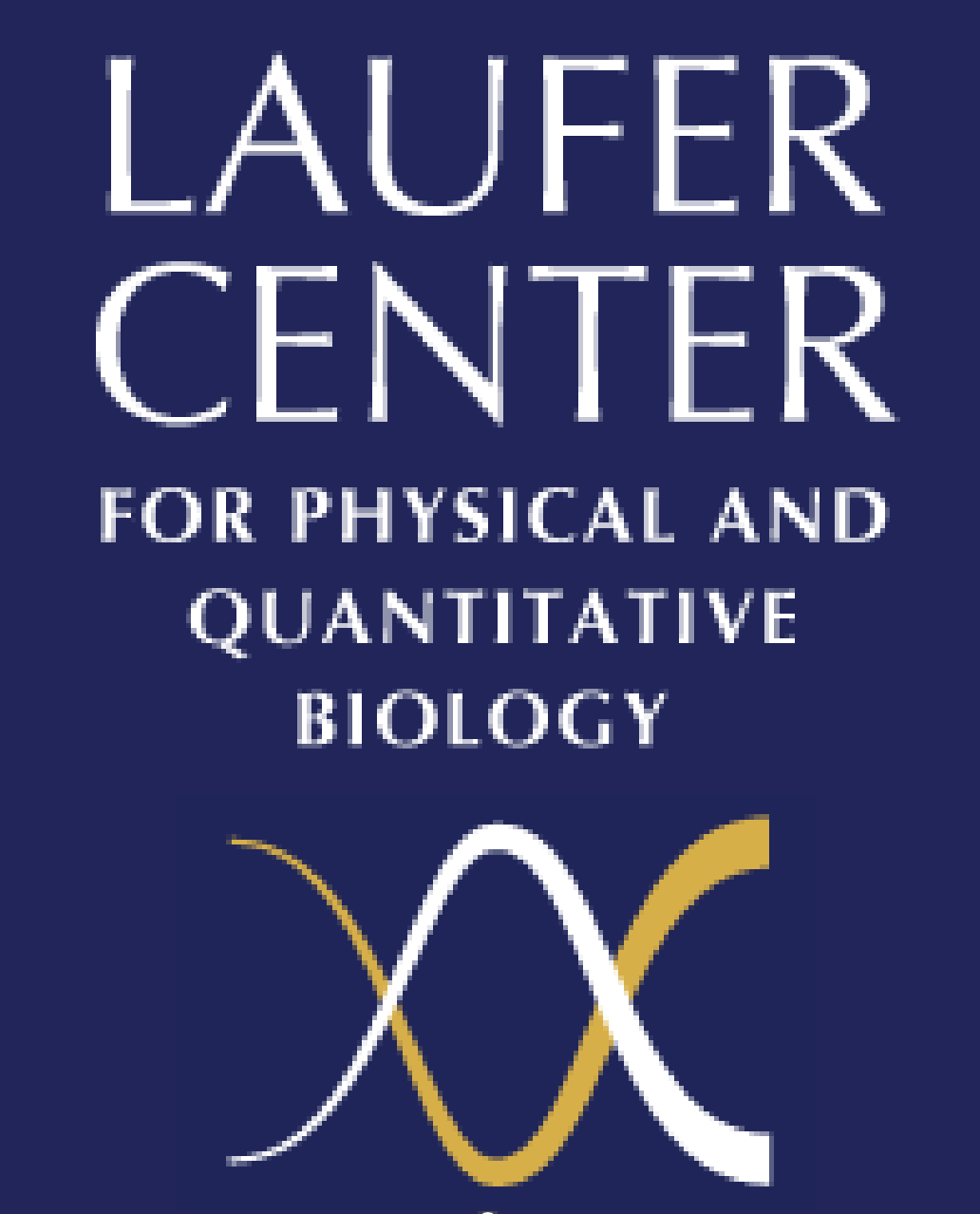Events Calendar
Itsik Pe’er
Department of Computer Science and the
Center for Computational Biology and Bioinformatics
Columbia University
Sequencing the Ashkenazi Genome
The Ashkenazi Jewish (AJ) population, currently including ~10 million individuals, has long been recognized as genetically isolated and therefore advantageous for genetic studies. Yet, only recently available high throughput genetic data and mathematical modelling allowed reconstructing the unique demographic history that lead to this isolation. It appears that Ashkenazi Jews had descended from a very small group, equivalent to hundreds of individuals, as recently as the late medieval times. This makes it feasible to catalog genetic variation in this group, for better personalized medicine. In a collaborative effort across multiple New York institutions, we have constructed such catalog, of complete Ashkenazi genomes. We show that this group has ancestry in both the Levant and in Europe. Moreover, this admixed ancestry allows placing a timestamp on the event of these two ancestral populations splitting. We show that this occurred much later than the initial colonization of Europe, indicating that the current Europeans are mostly not descended from the first humans in this continent.
Bio: Itsik Pe'er is an associate professor in the Department of Computer Science and the Center for Computational Biology and Bioinformatics and the Fu Foundation School of Engineering & Applied Science at Columbia University. His work focuses on studying, developing and applying novel computational methods in human genetics. How is it best to measure, describe and quantify differences between individual DNA sequences? How does sequence variation affect biological processes? How can we use it to understand and influence human disease? All these questions pose complex analytical challenges, with direct impact on medical research. Dr. Pe'er's research involves developing computational methods for analysis of human genetic variation as part of the Genetic Analysis Information Network and the Cancer Genome Atlas projects. Previously, Dr. Pe'er participated in the International HapMap project during his postdoctoral research at Massachusetts General Hospital and the Broad Institute of Harvard and MIT. He holds B.Sc., M.Sc. and Ph.D. degrees in computer science from Tel Aviv University, where he developed computational solutions to problems in genome sequencing and evolution.


